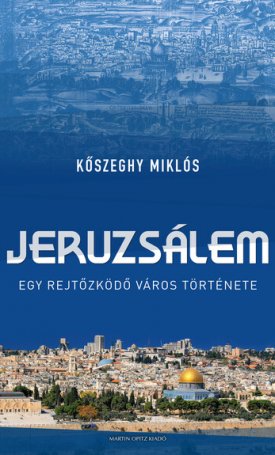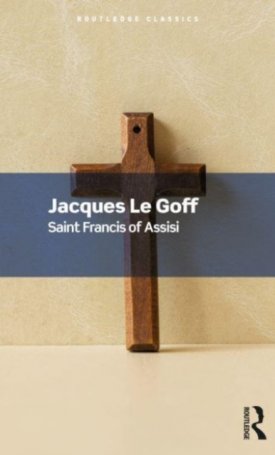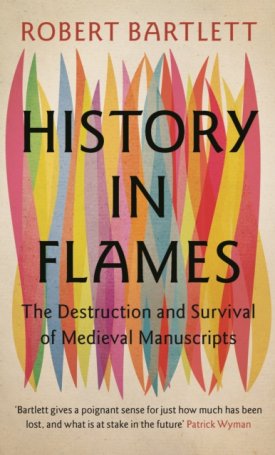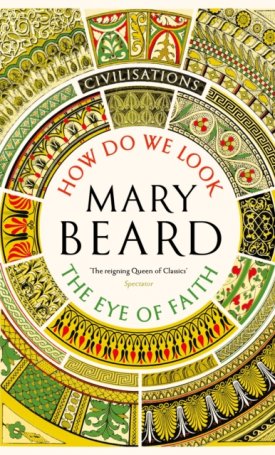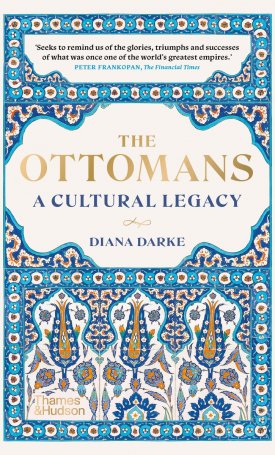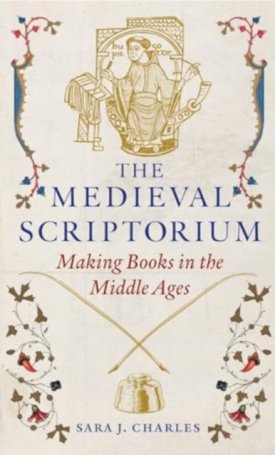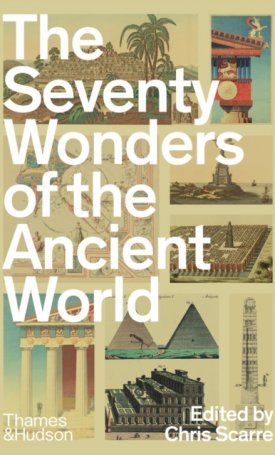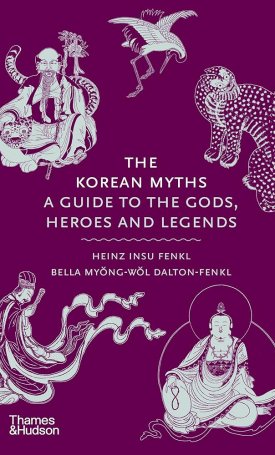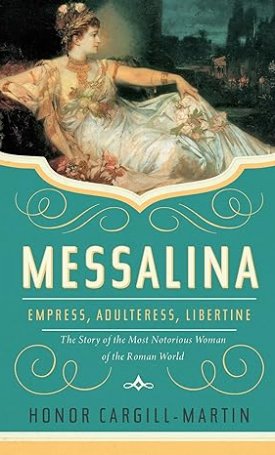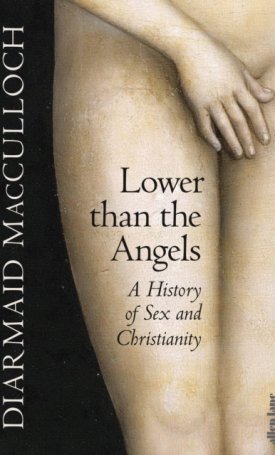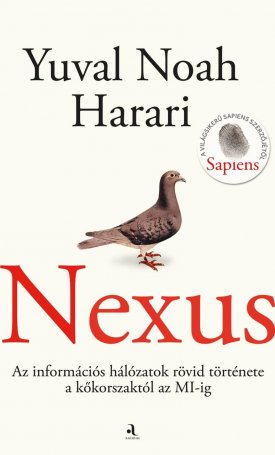Food Is Culture
-10%
4 700 Ft
4 230 Ft
Előrendelés(Bejelentkezés szükséges)
A kedvezményes árak kizárólag a webshopunkon keresztül leadott megrendelésekre érvényesek!
Food Is Culture
Massimo Montanari begins with the "invention" of cooking which allowed humans to transform natural, edible objects into cuisine. Cooking led to the creation of the kitchen, the adaptation of raw materials into utensils, and the birth of written and oral guidelines to formalize cooking techniques like roasting, broiling, and frying.
The transmission of recipes allowed food to acquire its own language and grow into a complex cultural product shaped by climate, geography, the pursuit of pleasure, and later, the desire for health. In his history, Montanari touches on the spice trade, the first agrarian societies, Renaissance dishes that synthesized different tastes, and the analytical attitude of the Enlightenment, which insisted on the separation of flavors. Brilliantly researched and analyzed, he shows how food, once a practical necessity, evolved into an indicator of social standing and religious and political identity.
Whether he is musing on the origins of the fork, the symbolic power of meat, cultural attitudes toward hot and cold foods, the connection between cuisine and class, the symbolic significance of certain foods, or the economical consequences of religious holidays, Montanari`s concise yet intellectually rich reflections add another dimension to the history of human civilization. Entertaining and surprising, Food Is Culture is a fascinating look at how food is the ultimate embodiment of our continuing attempts to tame, transform, and reinterpret nature.
"One of the most significant and well-documented among contemporary writers of food-related history and culture, Massimo Montanari has been a household name for a number of years. This book can easily be called a crowning achievement. It does not deal, primarily, with food from the point of view of nutrition; it is rather the work of an anthropologist who knows food literature (and medical and `literary` literature) as few others and uses his knowledge as an irresistible invitation to travel through a much frequented and yet not adequately mapped territory." — Luigi Ballerini, culinary historian and coauthor of The Art of Cooking: The First Modern Cookery Book






